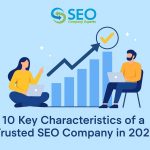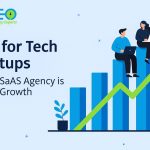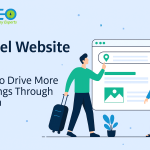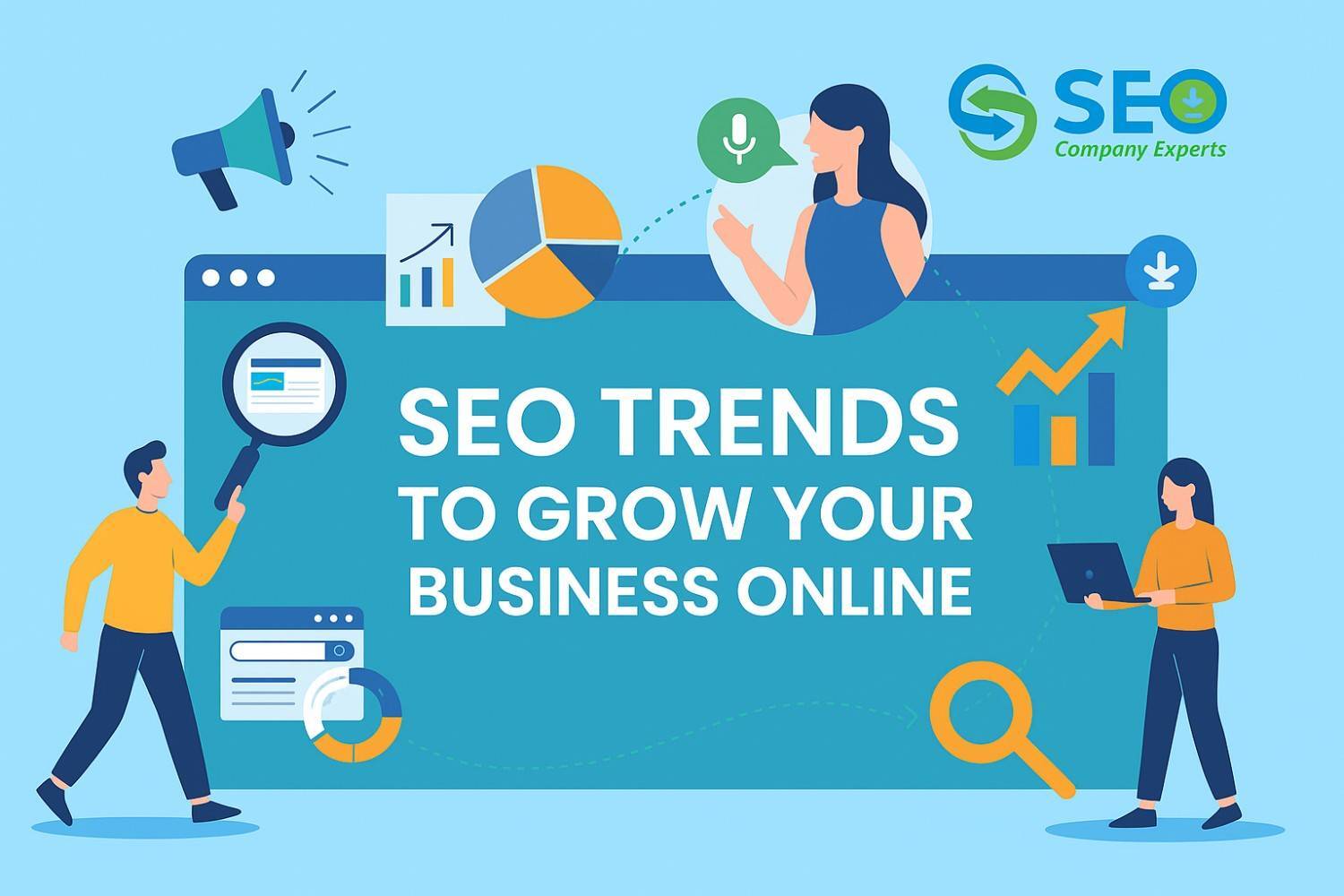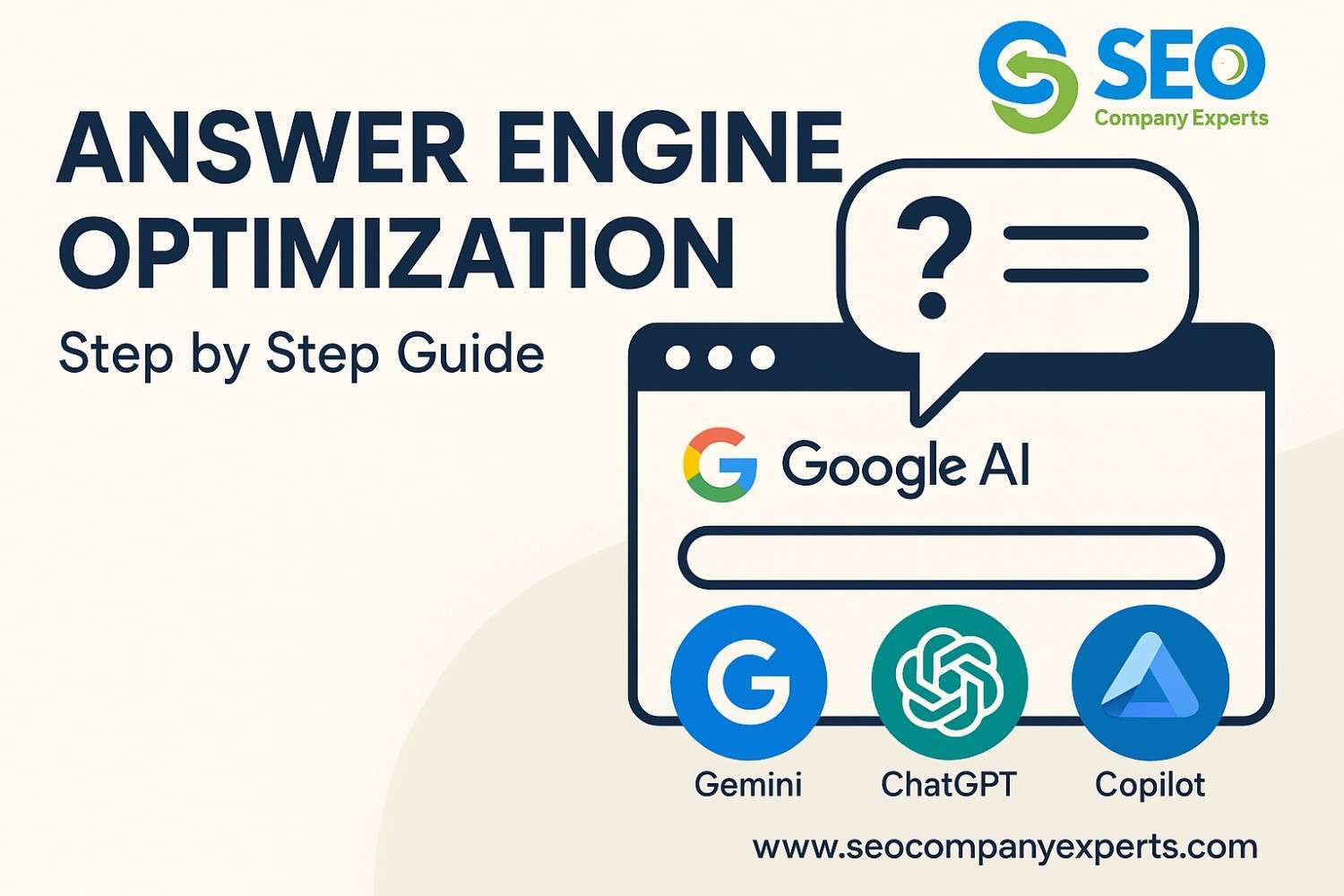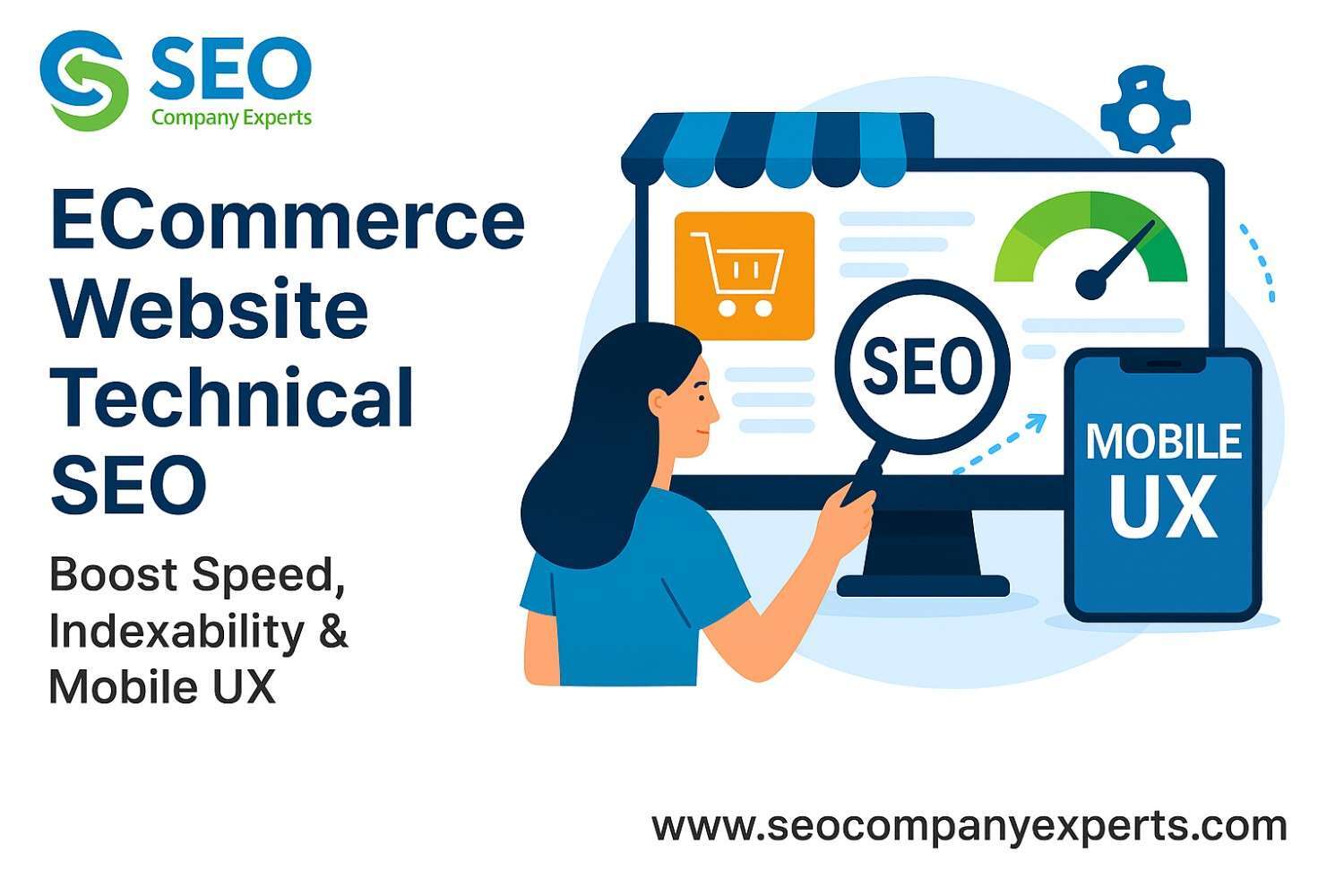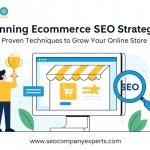
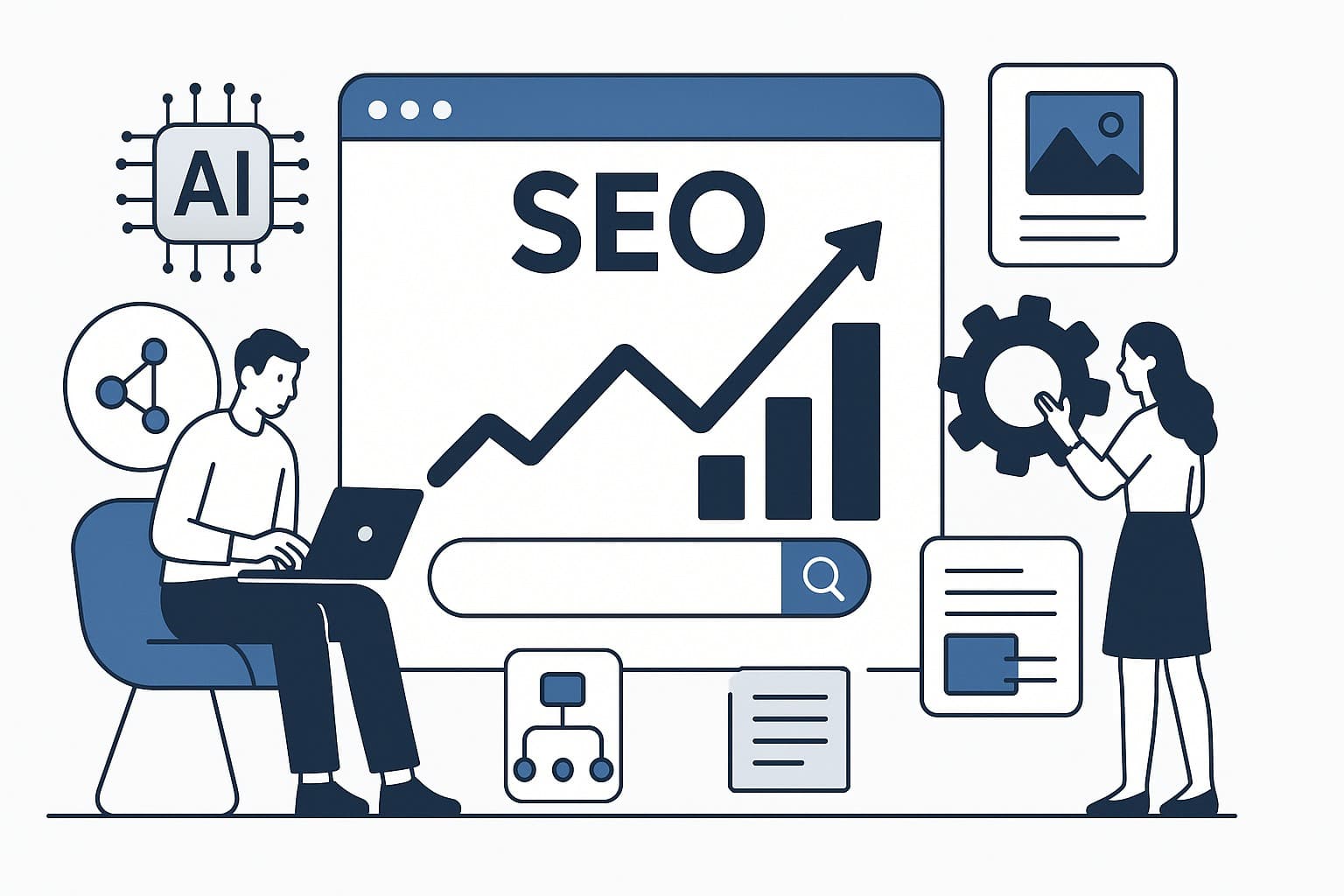
In today’s digital-first world, your website is often the first impression customers get of your brand. But if your site isn’t visible in search engines, your business may never reach its full online potential. This is where SEO optimization for your website becomes critical.
Whether you’re a startup or an established business, implementing strategic website SEO can help drive consistent traffic and conversions. Let’s dive into how website SEO optimization works, why it’s essential, and the best SEO practices you can start using today.
What Is Website SEO? Why It’s Essential for Online Success
Website SEO is the process of optimizing your site to rank higher on search engines, driving targeted traffic, boosting visibility, and increasing conversions in today’s competitive digital landscape. It’s crucial for long-term online success.
Understanding Website SEO Optimization in 2025
Website SEO (Search Engine Optimization) refers to the strategies and techniques used to improve a website’s visibility on search engines like Google. As competition increases across every digital niche, SEO has become the key driver of long-term traffic, user engagement, and conversion success.
How SEO for Websites Impacts Search Rankings and Visibility
Having a visually appealing website is no longer enough. If your target audience can’t find you on search engines, you’re losing valuable traffic and leads. SEO for websites helps you get found at the right moment—when people are actively searching for your services. High search engine rankings not only increase traffic but also enhance your brand’s credibility and trustworthiness in the eyes of potential customers.
Why SEO Is the Backbone of Digital Conversions
SEO isn’t just about traffic—it’s about targeted traffic. When you match your content to user intent, visitors are more likely to take action: sign up, make a purchase, or contact your team. SEO ensures the right people find you at the right time.
Core SEO Website Optimization Techniques That Work Today
On-Page SEO: Structuring Pages for Both Users & Google
- Optimizing Meta Tags, Headers & URLs: Use concise, keyword-rich meta titles and descriptions. Include your target keyword in H1, H2s, and URLs.
- Keyword Placement & Content Hierarchy: Use keywords naturally in the first 100 words, subheadings, and throughout the content. Use H2s and H3s to create logical flow.
Technical SEO: Making Your Site Search-Engine Friendly
Technical SEO forms the backbone of your site’s search visibility. It involves optimizing elements like website speed, mobile-friendliness, indexing, and site architecture. When your website is technically sound, it becomes easier for search engines to crawl and rank your content. Additionally, a technically optimized site ensures smooth user navigation, reducing bounce rates and increasing engagement.
Off-Page SEO: Building Authority Through Backlinks
Off-page SEO focuses on enhancing your website’s authority through backlinks, citations, and online reputation management. When high-authority domains link to your content, it sends trust signals to search engines, boosting your ranking potential. Effective off-page strategies also include influencer outreach, PR campaigns, guest posting, and social sharing to expand your reach and credibility.
AI-Driven SEO Strategies for Smarter Website Growth
How AI Enhances Keyword Research & Competitor Analysis
Artificial intelligence has revolutionized how we identify and prioritize keywords. AI tools analyze massive datasets to discover keyword opportunities that align with current trends, search intent, and user behavior. By using AI for keyword clustering, competitor gap analysis, and SERP forecasting, you can make more informed decisions and build stronger, more targeted content strategies.
Automating Content Optimization with AI Tools
Repetitive SEO tasks like link audits, content analysis, internal linking, and technical error detection can be automated with AI. Tools such as SurferSEO, Jasper, and ChatGPT can help write optimized outlines, suggest internal link placement, and even generate SEO-friendly descriptions and headers. This reduces manual workload and improves scalability for growing websites.
Predictive SEO: Using Data to Drive Future Strategy
Predictive SEO uses historical data, real-time analytics, and AI to anticipate shifts in search trends and algorithm behavior. With predictive insights, you can proactively update content, identify rising keywords, and create new pages before competitors catch on. This strategic foresight helps maintain your rankings and future-proofs your digital presence.
Best SEO Practices for Websites in 2025
- Aligning Content with User Intent & Search Behavior: Understand whether your audience is looking to learn, compare, or buy.
- Writing for Humans First, Search Engines Second: Use keywords strategically without keyword stuffing.
- Keeping Content Fresh and Continuously Optimized: Update older content with new visuals, FAQs, videos, and structured data.
SEO Strategies for Website Growth and Higher Conversions
Mapping Keywords to the Sales Funnel
Effective SEO begins with understanding where your audience is in their buying journey. For awareness-stage users, use blog content targeting “how” and “what” questions. For consideration-stage visitors, create comparison guides and in-depth service pages. And for those ready to buy, focus on optimized landing pages with persuasive CTAs. Mapping keywords to funnel stages ensures you’re not just driving traffic—but qualified traffic.
Combining CRO Principles with SEO for Better ROI
Ranking well is important, but it’s equally critical to convert that traffic into leads or sales. That’s where CRO comes in. Use A/B testing, compelling CTAs, live chat, and testimonials to reduce friction and boost conversions. When SEO and CRO work together, you build a funnel that captures attention and drives action.
Lead Generation through High-Intent Landing Pages
Every page on your website should have a clear goal. Lead-optimized pages combine search visibility with persuasive messaging and intuitive design. Use clean layouts, benefits-focused copy, mobile responsiveness, and strong visuals to engage visitors and encourage them to take the next step—whether it’s filling out a form, calling, or downloading a guide.
Website SEO Tips for Higher Traffic and Visibility
- Targeting Long-Tail and Voice Search Keywords: Use natural language and answer common questions.
- Internal Linking to Boost Crawl Depth: Use keyword-rich anchor text to link related content.
- Image Optimization and Rich Snippets: Use descriptive file names, alt text, and schema markup.
How to Improve Website SEO: Step-by-Step Plan
- Run a Full Website SEO Audit: An audit provides a comprehensive analysis of your current SEO performance, identifying strengths, weaknesses, and opportunities. Tools like Google Search Console, Screaming Frog, and Ahrefs can evaluate your site’s crawlability, index status, keyword rankings, and backlink profile.
- Fix Technical Issues & Content Gaps: Use audit findings to fix broken links, remove duplicate content, improve page speed, and restructure navigation. Identify content gaps where new pages or updates could help capture missed keyword opportunities and satisfy user search intent more effectively.
- Use Analytics to Refine Strategy Continuously: Leverage tools like Google Analytics 4 and Google Search Console to track important metrics such as organic traffic, bounce rate, time on page, and top-performing keywords. These insights help you make data-driven decisions and continuously optimize your SEO strategy for maximum impact.
Conclusion: Why SEO Optimization Is a Long-Term Investment
SEO is a long-term investment that delivers sustainable growth. Unlike paid ads, it drives ongoing organic traffic and leads without recurring costs. With consistent effort, your site builds authority, ranks higher, and gains visibility. Partnering with an expert agency like SEO Company Experts ensures a scalable strategy tailored to your business goals. By tracking KPIs such as keyword rankings, traffic growth, and conversion rates, you can measure success and continuously refine your approach. Over time, SEO not only boosts your digital presence but also turns traffic into lasting revenue, making it an essential part of your online growth journey.
